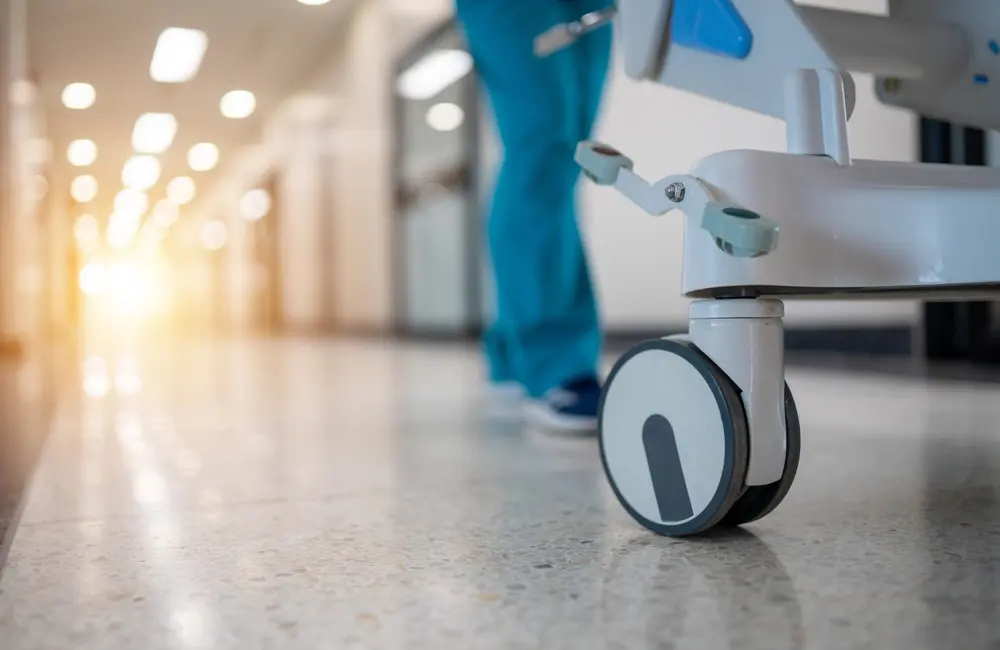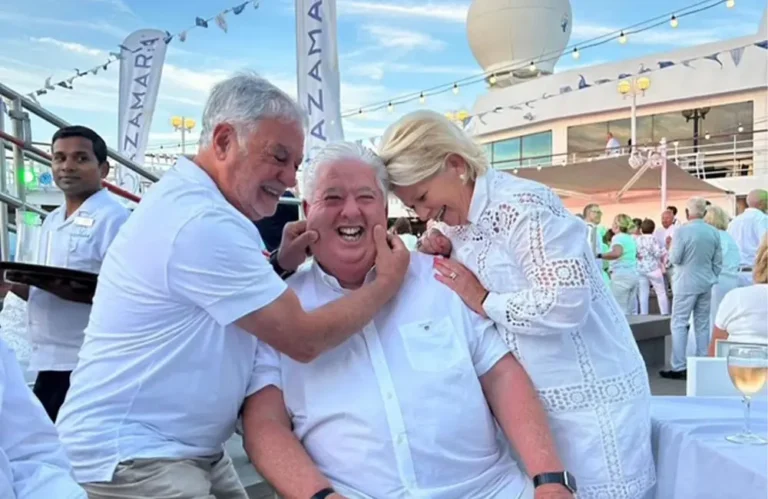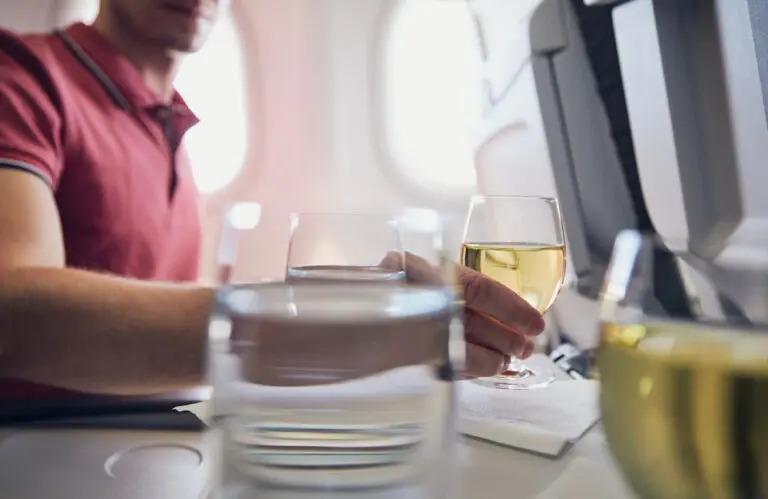More than half of Australians (57%) would travel overseas for healthcare services, according to a new Insure&Go survey, with cost savings as the main motivation for medical tourism despite government and insurance coverage warnings.
Amid rising healthcare costs at home, Aussies would consider medical tourism for procedures with dental work (65%) and cancer treatments (42%) topping their wish lists.
Cosmetic and plastic surgeries were the third most common procedures among respondents with 33 per cent saying they would travel for breast augmentation, rhinoplasty, facelift or similar treatments.
According to the Australian Government’s Smartraveller website, other common procedures that Aussies travel abroad for include surrogacy and fertility treatments and gender-affirming surgery.
Medical tourism is on the rise with global market growth for this sector up 15-25 per cent per year.
Medical tourism motivations

More than one-third (37%) of Aussies say their main motivation is saving money as an estimated 15,000 Australians head overseas for medical procedures annually.
Nearly one-third (32%) of respondents would travel if there was a higher quality of care, while 20 per cent would do it to reduce wait times.
Reviews and recommendations from friends, family and former patients would sway 22 per cent of respondents, while access to advanced or experimental treatments would drive 14 per cent.
Thailand, India, South Korea, Turkey and Malaysia are the most popular destinations for medical tourism among Aussies.
Risky business

Despite Smartraveller warnings advising caution around medical tourism, 57 per cent of Australians are willing to risk overseas medical treatments to save money.
More than two in three (69%) would undergo medical procedures overseas despite knowing potential complications from treatments are not covered by travel insurance.
Authorities continue to caution Australians to consider the risks from overseas medical procedures, including infection, antibiotic-resistant bacteria and disfigurement.
There are also financial risks arising from any complications that might require additional treatment in Australia, which are not likely to be covered by travel insurance or Medicare.
Smartraveller advises potential medial tourists to research the destination, doctor, hospital and procedure before they go to reduce the risk of anything going wrong.





